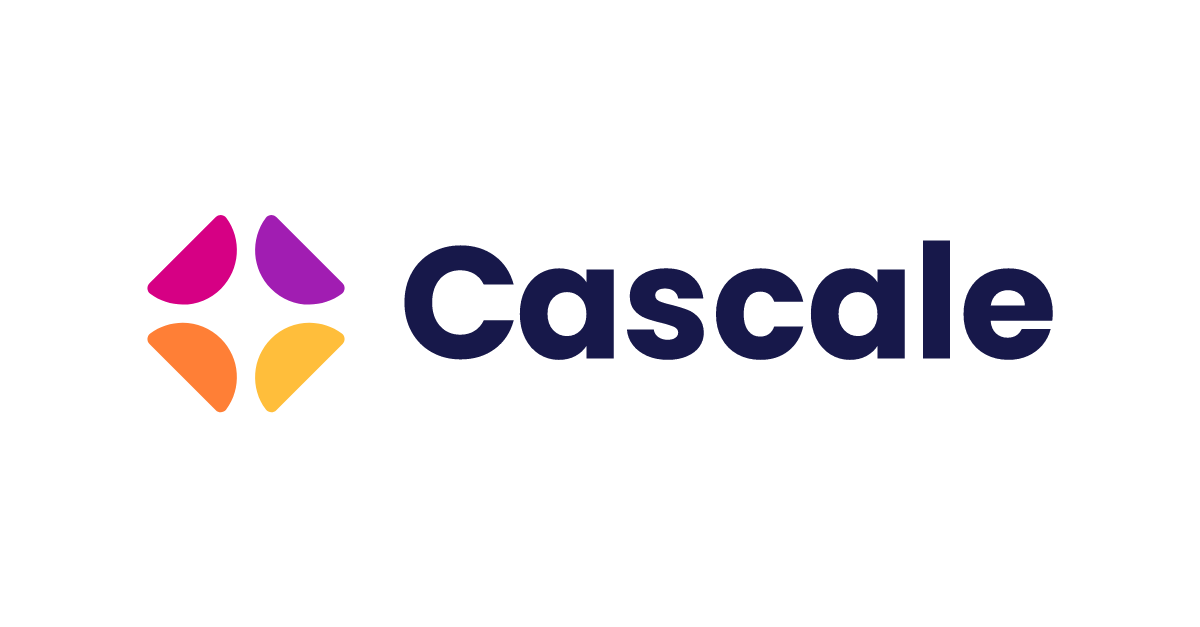Sustainable Apparel Coalition Launches Decarbonization Guide for Members
New guide supports the textile and apparel industry in committing to science-based targets and delivering against validated SBTs

SAN FRANCISCO, AMSTERDAM, HONG KONG, March 6, 2023 /3BL Media/ - The Sustainable Apparel Coalition (SAC), as an impact-driven global convener of around half of the apparel and footwear industry, today launches its Decarbonization Guide for Members. The Guide is part of the SAC’s Decarbonization Program, launched last year, to drive science-based targets (SBTs) adoption and reduction in emissions across the textile and apparel industry. The Guide provides a six-step process by which organizations can commit and set SBTs and develop action plans to deliver individual targets.
Responsible for between two and eight percent of annual global greenhouse gas (GHG) emissions, the textile and apparel industry must ramp up its efforts on facilitating collective action across the industry, to deliver the 45 percent reduction needed by 2030 to limit global warming to 1.5°C. As part of the guidance provided, organizations will need to obtain internal buy-in to commit to and set SBTs, and submit their targets for verification. Once approved, member organizations will be required by the SAC to communicate their targets within six months of approval, develop an action plan and start taking actions geared towards delivering on carbon reductions. The SAC will require its corporate members to set near-term emission reduction targets in line with the latest climate science within 24 months and obtain the appropriate validation from SBTi or a third-party accredited organization.
Featuring comprehensive guidance and resources to help organizations set and achieve their SBTs in each step, the Guide forms part of the ongoing work between the SAC and its members, including best-practice sharing webinars and peer-to-peer learning sessions, in an effort to scale up collaborative solutions to address the climate crisis. Developed last year in collaboration with Michael Sadowski, one of the primary authors of the Apparel and Footwear Sector Science-Based Targets Guidance by the World Resources Institute (WRI) in 2019, the SAC has been working on refining the guidance and conducting peer-to-peer group meetings with members to understand their needs and expectations.
Amina Razvi, Chief Executive Officer at the Sustainable Apparel Coalition, said: “Right now, the textile and apparel industry is not on track to hit net zero by 2050. We need urgent transformation and increased collaboration across the industry to tackle the worst impacts of climate change. The launch of our Decarbonization Guide is a major step in our efforts to create an aligned pathway for the industry to reduce GHG emissions. We believe through continued collaboration and partnership with organizations such as the Science Based Targets initiative, we can support our members to commit and set their science-based targets and work collectively to deliver on emissions reduction targets.”
Joyce Tsoi, Director of Collective Action Programs, at the Sustainable Apparel Coalition, said: “Through the Decarbonization Program, we are enabling collaboration between brands and manufacturers to address one of the biggest challenges the industry faces: how to reach net zero. With the textile and apparel industry being so far away from reaching net zero by 2050, the need for urgent action has never been greater. This Guide is a critical marker on that journey and will empower member organizations to turn purpose into practice to deliver necessary impacts, starting from understanding and adopting targets in line with the best available science to developing action plans to take collective actions. 77% of our members participating in our decarbonization program told us that they want to share knowledge, resources and tools that are available to them to set science-based targets is their biggest priority. By giving the industry the guidance, tools and platform it needs to change, brands and manufacturers are equipped to tackle the urgent challenge of emission reductions and drive systemic change across the industry.”
Luiz Amaral, CEO of the Science Based Targets initiative (SBTi), said: “When it comes to tackling the biggest problem the world has ever seen - climate change - we must draw on the power of collaboration, ambition and innovation. This new guidance is proof that the fashion industry is up to the challenge. It also provides a blueprint for other sector trade bodies to follow.
“To keep 1.5°C within reach, remain economically competitive and enable the transformation to a global net zero future, setting science-based targets is the crucial first step. I am looking forward to this collaboration driving countless companies to set ambitious climate goals and deliver tangible emission reductions in line with science.”
As part of its commitment to collaboration with stakeholders in the industry, the SAC is engaging with organizations such as the Science Based Targets initiative (SBTi) on how it accelerates the SBT adoption and validation across the globe. Dedy Mahardika, SBT Engagement Manager for Southeast Asia and Oceania at CDP presented at the SAC Annual Meeting in Singapore last November on the status of SBT adoption and the SBT guidance alongside the SAC to encourage greater uptake.
As part of its strategic plan, the SAC has set an aspirational objective to mitigate climate change and build climate resilience in the consumer goods value chain by supporting its corporate members in achieving decarbonization.
-- ENDS –
About the Sustainable Apparel Coalition:
The Sustainable Apparel Coalition (SAC) is an independent and impact-creating organization that aims to lead the industry toward a shared vision of sustainability based upon a joint approach for measuring, evaluating, and improving performance.
As a non-profit organization, it has members from across the apparel, footwear and textile sector, but exists independently outside any one company so that it can drive progress. The SAC’s collective action efforts bring more than 280 global brands, retailers, manufacturers, NGOs, academics and industry associations together. They represent about half of the apparel and footwear industry along the whole supply chain – from sustainability pioneers to organizations just getting started.
Before the SAC existed, companies worked in a siloed way, using their own programs and measurements that lacked standardization and an ability to drive collective action. In 2009, Walmart and Patagonia identified this as a serious problem. Joining forces, they brought together peers and competitors from across the sector, to develop a universal approach to measuring sustainability performance and founded the Sustainable Apparel Coalition.
About the Science Based Targets initiative
The Science Based Targets initiative (SBTi) is a global body enabling businesses to set ambitious emissions reductions targets in line with the latest climate science. The SBTi’s goal is to accelerate companies across the world to support the global economy to halve emissions before 2030 and achieve net-zero before 2050.
The initiative is a collaboration between CDP, the United Nations Global Compact, World Resources Institute (WRI) and the World Wide Fund for Nature (WWF) and one of the We Mean Business Coalition commitments. The SBTi defines and promotes best practice in science-based target setting, offers resources and guidance to reduce barriers to adoption, and independently assesses and approves companies’ targets. www.sciencebasedtargets.org

